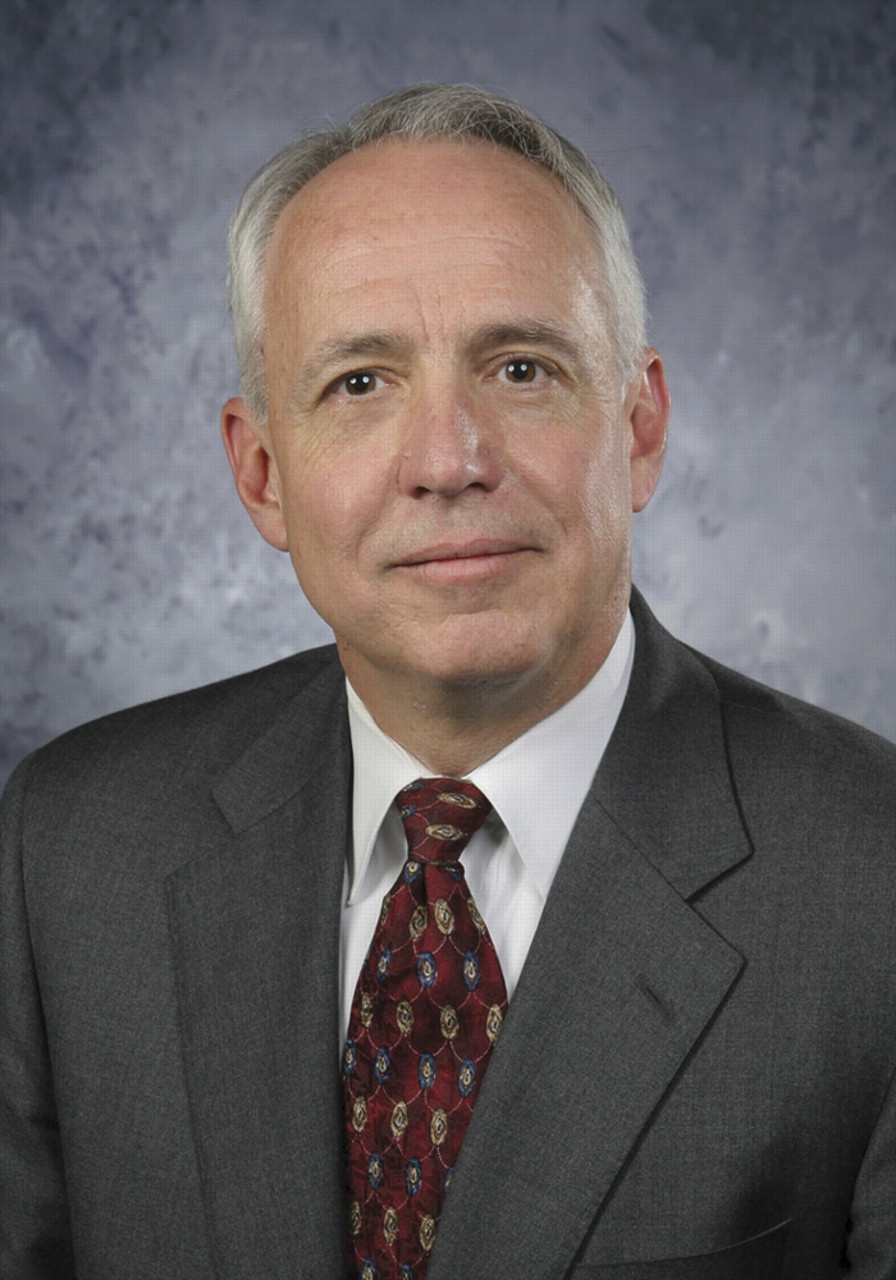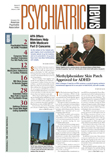Psychiatrist Darrell Kirch, M.D., will be the next president of the Association of American Medical Colleges (AAMC). Kirch will succeed Jordan Cohen, M.D., who will step down in June as president of the national organization representing the nation's medical schools. Kirch is senior vice president for health affairs at Pennsylvania State University, dean of its medical school, and chief executive officer of Penn State Milton S. Hershey Medical Center.
APA Medical Director James H. Scully Jr., M.D., who has known Kirch since he was in medical school and residency at the University of Colorado and Scully was on the faculty there, said his appointment to head the AAMC is a boon to medical education.
“He's a star,” Scully said. “He's an extraordinarily gifted and creative thinker about medical education, its challenges, and where it needs to go in the coming years. It's good to know that real talent is recognized, whatever his specialty.”
During APA's President's Summit on Medical Education last April, Kirch gave a plenary session address titled “Financing and Organizational Turmoil in the Academic Health Center: Is It a Crisis or an Opportunity for Medical Education?”
“APA is proud that one of our own will be leading the AAMC,” said Deborah Hales, M.D., director of APA's Division of Education and Career Development. “He is an outstanding leader who will serve all of medicine well.”
Kirch was dean of the school of medicine at the Medical College of Georgia from 1994 to 2000 and in 1995 became dean of the school of graduate studies there. In 1998, he took on the additional role of senior vice president for clinical activities, overseeing the hospitals and clinical practices of the institution.
Earlier in his career, Kirch served in a number of leadership positions at the National Institute of Mental Health (NIMH), including medical director of the Neuropsychiatric Research Hospital. He became acting scientific director of NIMH in 1993.
Kirch also has an extensive history of involvement in the AAMC, having been a member of the association's Executive Council since 2001. And he is the current cochair of the Liaison Committee on Medical Education, the organization that accredits medical schools in the United States.
In an interview with Psychiatric News, Kirch outlined challenges and opportunities for medical education, emphasizing the looming physician shortfall.
“I'm very concerned that we are facing a deepening physician shortage that will only exacerbate the problems we already have with shortages in rural and some urban areas,” he said. “If you look at population growth over the last 20 years and the number of medical school places, we have had a decrease in the number of physicians per capita. There is clear evidence that we are increasingly reliant on international medical graduates.”
Kirch noted that in the last two years the AAMC has reversed policy and is now encouraging medical schools to increase capacity. “We are already seeing that beginning to have an impact,” he said.
He said the AAMC's long-term strategy is to continue its advocacy for public support of medical education.
“I am deeply concerned by the way some public schools are receiving decreasing support from state governments,” he said. “There is a parallel to that on the federal side with funding for medical research that is being severely constrained.”
Kirch said he believes the perception of psychiatry in the larger field of medical education has changed dramatically for the better in the past three decades—a phenomenon reflected in the overrepresentation of psychiatrists as deans of the nation's medical schools.
“As psychiatry has improved its research base and become a more effective partner with other specialties, the credibility of the profession has grown,” he said.
But the attraction of students to psychiatry is affected as well by the economic climate and the larger health care system.
“That's a challenge that is not unique to psychiatry,” Kirch said. “Throughout medicine, current financial models are putting more and more limits on time spent with the patient. The students entering the profession have real questions about that. They come to psychiatry especially because they crave direct interaction with patients. We need to find a balance between the technical work of medicine and the human work of building relationships with patients.”
Kirch said his own training in psychiatry has prepared him well to be a leader in medical education. “I think my ability to be an effective organizational leader derives from the special training as a psychiatrist I received,” he said. “The combination of understanding and appreciating the science of medicine and at the same time emphasizing the building of relationships has served me well in the roles I've been given.” ▪

